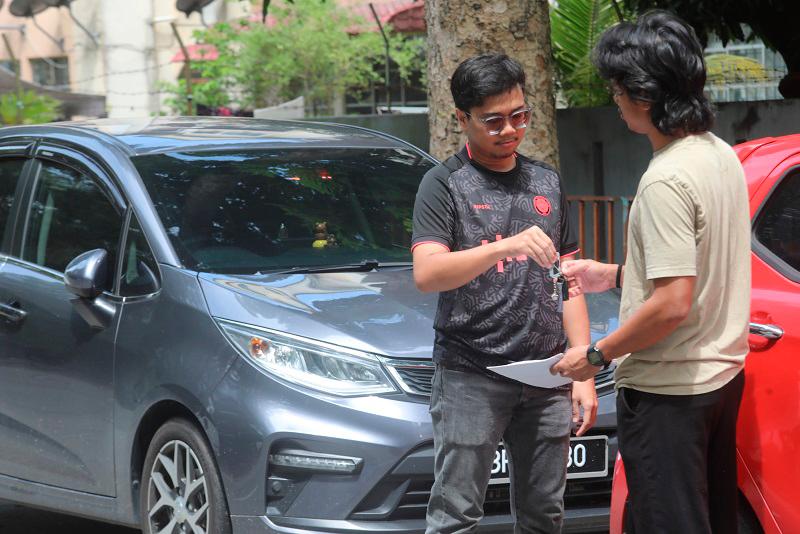PETALING JAYA: The public has been warned against acquiring vehicles through assumed payment arrangements, commonly known as “sambung bayar”, as such agreements lack legal authority and offer no protection under the law.
Universiti Teknologi Mara Malaysian Institute of Transport head of legal and quality Dr Siti Ayu Jalil said as long as the registration remains in the name of the original owner, they are fully responsible for the vehicle.
“Therefore, without a legally recognised transfer of ownership, the buyer has no secure claim to the vehicle under Malaysian law, and therefore such agreements are invalid.
“They do not grant the buyer any formal rights over the vehicle, leaving him unprotected if disputes arise and place him in a vulnerable position with no legal claim over the vehicle.”
Siti Ayu was commenting on a widely circulated online video on social media showing a woman smashing a car window with a rock. At the same time, a man uses a metal rod to damage a vehicle. In the clip, a vehicle repossession agent can be seen waiting outside the house.
According to a Facebook user named Rasis Jalil, the family in the video claims they were mistreated by the original owner of the car.
They had allegedly bought the car on an assumed payment arrangement, in which they paid monthly instalments to the owner, who did not forward the payments to the loan financier, resulting in missed payments and the car being liable for repossession.
Siti Ayu said educating the public on the Hire Purchase Act (HPA) 1967 and the consequences of missing loan repayments for two consecutive months, particularly under assumed payment agreements, is seen as a crucial policy measure.
She said incorporating such awareness into Malaysia’s driving licence process, specifically requiring them to attend a course to ensure new drivers understand the risks and legal implications associated with vehicle financing is important.
“Section 38 of the HPA states that every person who, by the disposal or sale of any goods comprised in a hire-purchase agreement, or by the removal of the goods, or by any other means, defrauds or attempts to defraud the owner, shall be guilty of an offence.
“Therefore, it is illegal for the owner to engage in such arrangements as they could face fines of up to RM30,000 or imprisonment of up to three years.”
Siti Ayu said even if the seller and buyer have signed a contract or made a verbal agreement, such arrangements are strongly discouraged, as they remain illegal and bypass official financing procedures.
She said when the vehicle is repossessed, the original owner and the buyer in an illegally assumed payment arrangement will face the financial and legal repercussions of the transaction.
“The purchase of tangible goods, such as vehicles, falls under HPA, a consumer credit law designed to protect consumer rights and ensure fair treatment for all parties involved in a transaction.”
Siti Ayu said in terms of vehicle repossession, strict guidelines are in place for the process, and banks appoint licensed repossession agents who must adhere to established procedures.
She said issues surrounding repossessions and financing disputes generally arise when hirers are unaware of or disregard these existing regulations.
“To protect consumers from engaging in assumed payments is to create awareness, educate and remind them of the consequences or risks of doing so,” she said.









